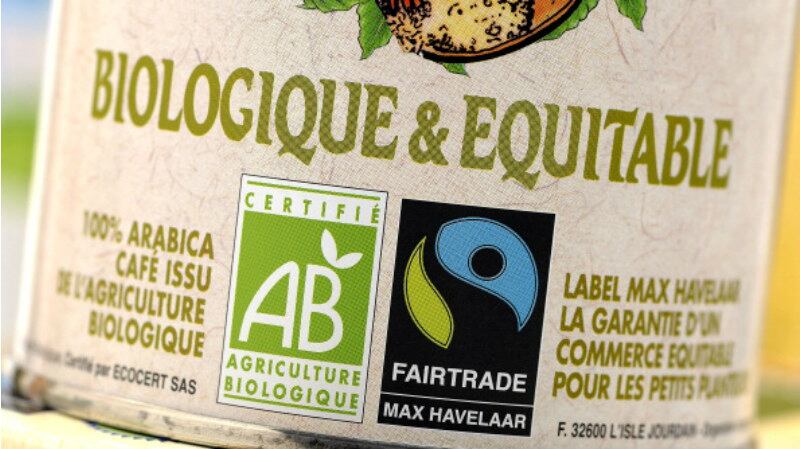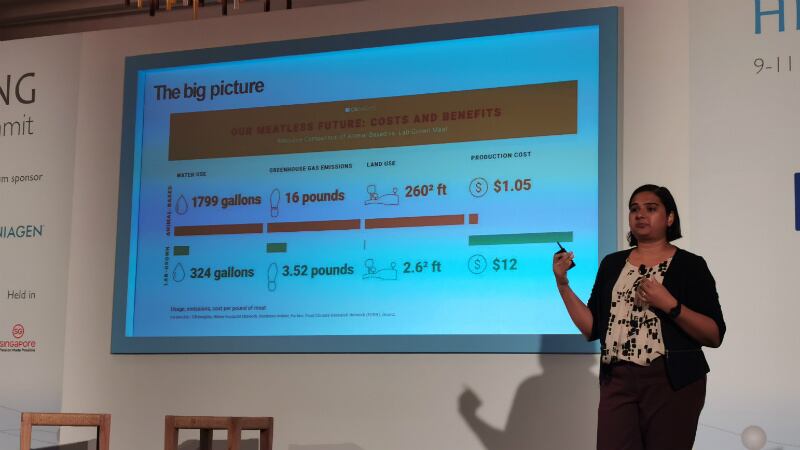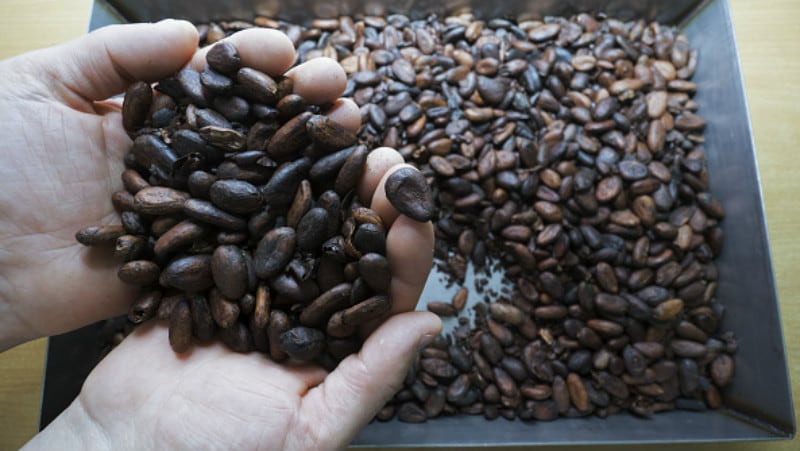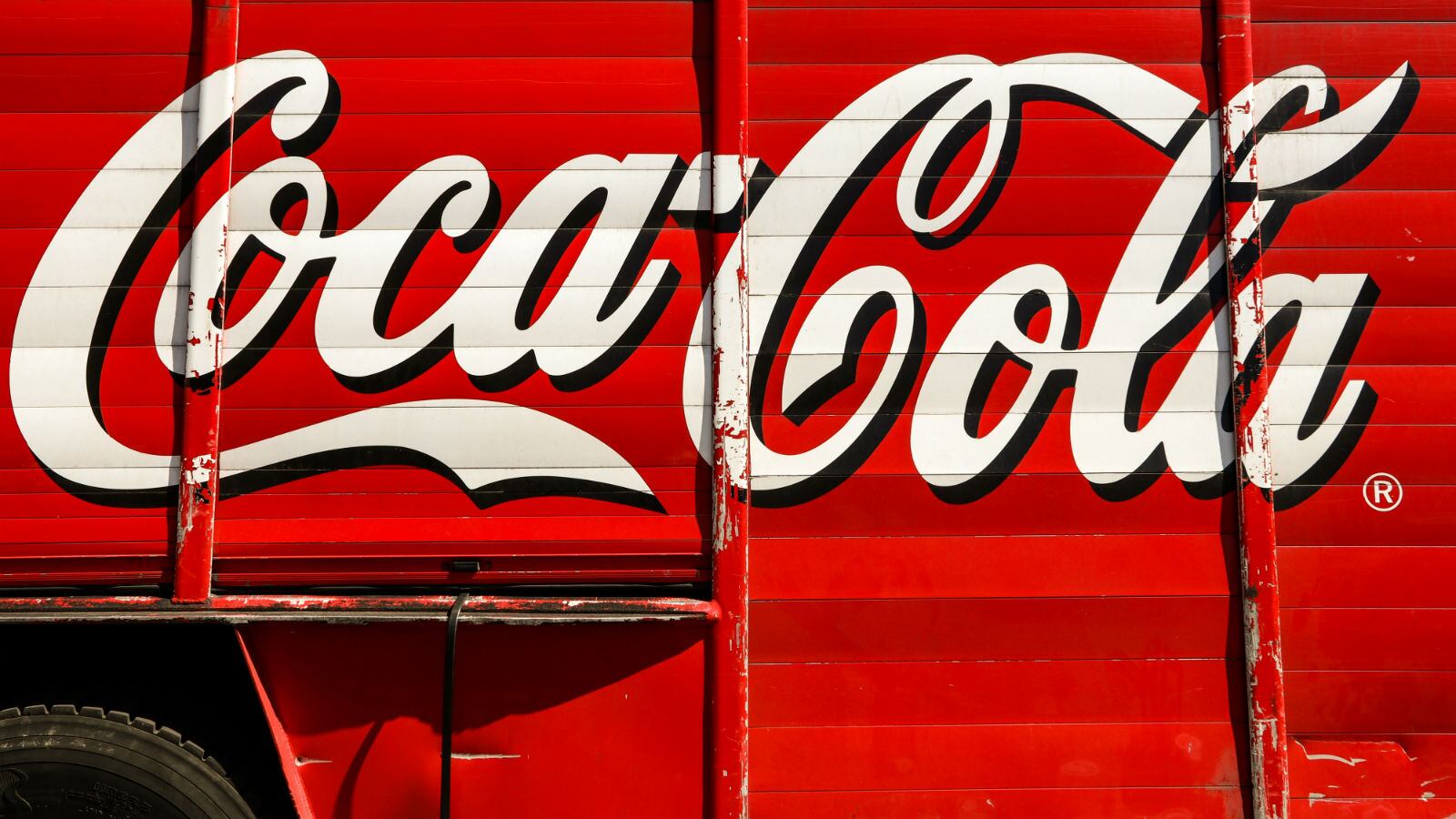Lumina Intelligence is an insights service operated by William Reed, the publisher of FoodNavigator-Asia.
In its recent report on sustainability, which was conducted across 20 countries worldwide, the report revealed that sustainability claims has a profound effect on product retail in the Japanese market.
“Japanese consumer value brands with sustainable claims more than most,” Oliver Nieburg, market analyst for Lumina Intelligence Sustainability and co-author of the report told FoodNavigator-Asia.
“Whereas online engagement for sustainable chocolate, coffee and tea was generally lower than for brands without [such] claims across the 20 countries analysed, average reviews and star rankings were higher for products with sustainable claims in Japan.”
The researchers analysed 141 of the bestselling chocolate tablets, chocolate countlines, green teas, black teas and coffees in Japan across five online retailers (Ito Yokado, Aeon Net Super, Matsukiyo, Gaia Ochanomizu and Amazon Japan).
Here, 28% of chocolate, coffee and tea products were found to make sustainable claims on-pack or in online product descriptions.
These results were in stark contrast to previous findings in China, where premium products were found to be carry much more importance than sustainability claims for consumers and just 9% of products made such claims.
“Japan is in line with the global market by percentage of products carrying sustainable claims, and [its] sustainable chocolate, coffee and tea market is more developed than other nations in Asia, such as China, South Korea and India where claims are far less prevalent,” said Nieburg.
“This is encouraging as Japanese products with certification claims carry an average retail price premium of 33% and 39% for organic compared to brands without claims.”
‘Sustainable claims’ included in the report’s analysis were: Third-party certification claims (Fairtrade, Rainforest Alliance, UTZ etc.), company programme claims (Nestle Cocoa Plan, Lindt Farming Programme, etc.) or organic claims on-pack or in online product descriptions
Key data
In terms of F&B categories, Japanese coffee brands were found to carry the most sustainable claims, with 40% of the bestselling coffee brands online making organic claims.
This was much less prevalent in Japanese chocolate, with only 20% of products making such claims.
“This means there’s an opportunity to expand the selection of Japanese chocolate making sustainable claims. Brands can charge a premium and satisfy consumer demand,” said Nieburg.
The two most popular third-party certification claims in the country were found to be Fairtrade (69%) and Rainforest Alliance (31%), whereas company programme claims were rare.
“Products with company programme claims, such as the Nestlé Cocoa Plan, are not present among the online bestselling chocolate, coffee and tea brands in Japan,” said the report.
The sustainable brands attracting the highest online engagement in Japan (by average reviews and star ratings) were Mount Hagen coffee, Bogawantalawa Tea Estates (BPL Ceylon Tea Gardens) and Clipper Teas.





